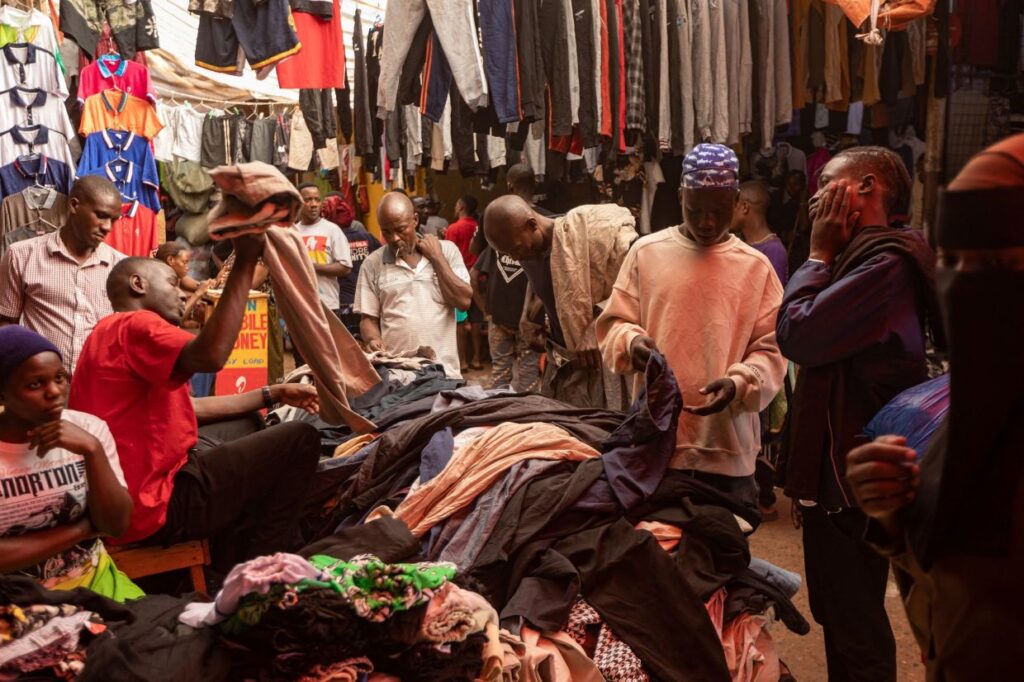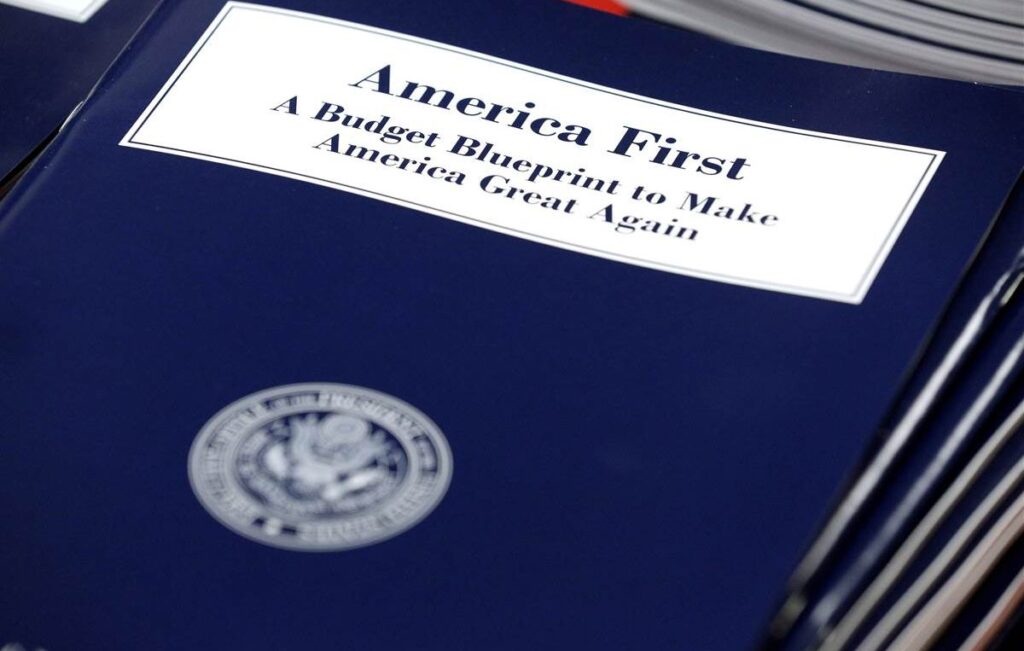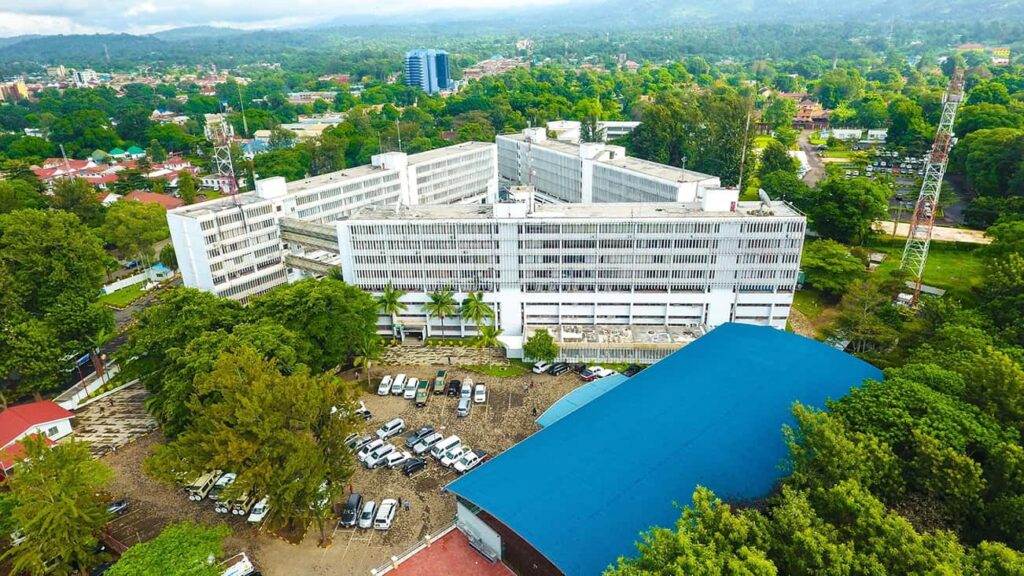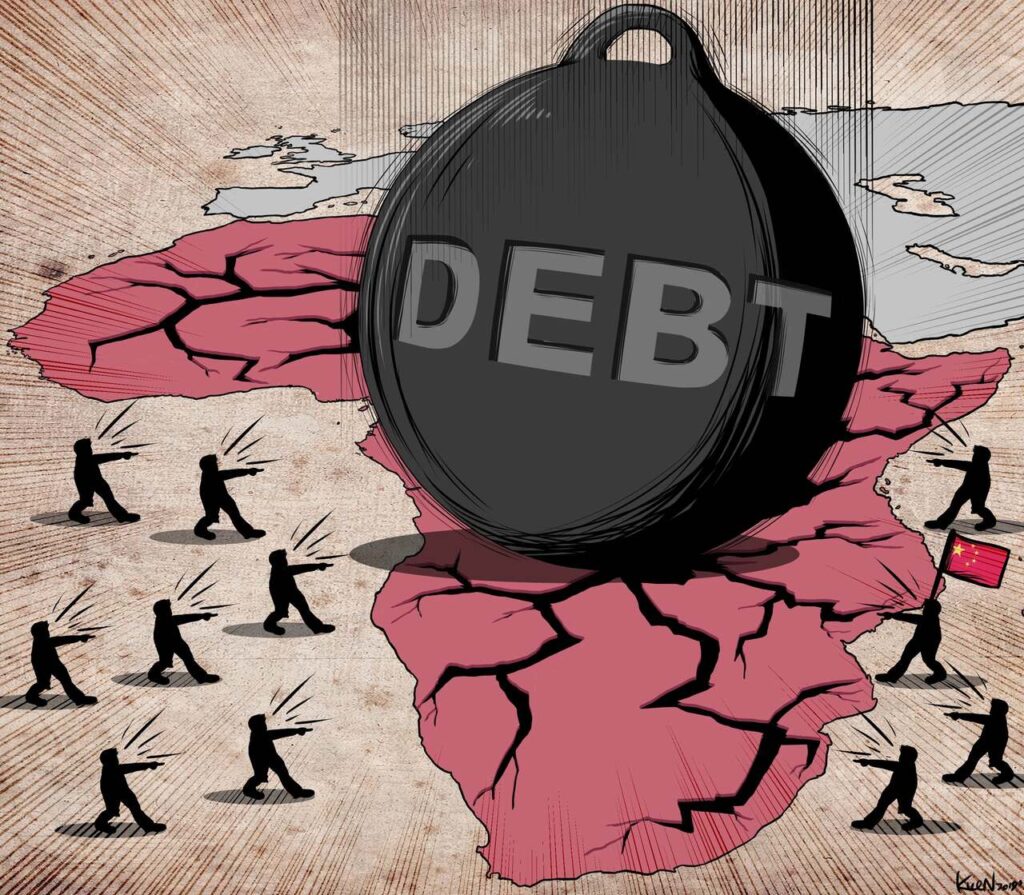- How South Africa plans to counter the negative impact of Trump tariffs sting
- Africa’s BPO industry enters AI era with 40% of tasks at risk by 2030
- Trump tariffs sting set to ruffle several economies in Africa
- Africa Energy Bank secures key backing from Nigeria, Angola and Ghana
- AIM Congress 2025 gets a boost as International Development Bank signs on as gold sponsor
- African energy: Opportunities and challenges presented by Russia’s investments
- Africa’s smart farming push—a revolution or a mirage?
- BRICS summit in Brazil to focus on global governance reform
Author: Giza Mdoe
Giza Mdoe is an experienced journalist with 10 plus years. He's been a Creative Director on various brand awareness campaigns and a former Copy Editor for some of Tanzania's leading newspapers. He's a graduate with a BA in Journalism from the University of San Jose. Contact me at giza.m@mediapix.com
- Did you know that the push to decarbonize the world requires immense volumes of copper?
- Statistics show that the annual demand of copper could reach 50 million metric tonnes by 2050.
- However, large scale extraction of this vital mineral carries enormous cost to the environment.
Copper remains a vital mineral powering modern development, but its extraction comes at a significant cost to both the environment and economies.
According to the Vice Provost for Research and Enterprise and the Armourers and Brasiers’ Chair in Materials Science at Imperial College London, Prof. Mary Ryan, “Copper brought us out of the stone age, as an alloy, copper makes bronze and the latter is responsible for most all modern development.”
The scientist, in a report titled Mine copper without destroying the planet? she adds, “today, copper is the indispensable metal needed for almost all electrical wiring, plumbing, and industrial machinery… we owe a lot …
- Uganda’s booming second-hand clothing market supports thousands of livelihoods but generates massive textile waste, with up to 48 tonnes discarded daily, most of it ending up in landfills.
- While informal waste collectors and tailors repurpose some textiles, the country lacks structured recycling systems, exacerbating environmental challenges.
- The Uganda Circular Textiles Project presents a solution by promoting upcycling and a circular textile economy, which could create green jobs, reduce waste, and attract investment in sustainable fashion.
In Uganda’s Owino market, one has to muscle their way as stalls overflow with piles of second-hand clothing, with traders out-shouting each other to win bargain-hunters looking for affordable fashion.
From trendy jeans to branded jackets, the market offers a vast selection at prices that fit virtually every pocket. At the moment, Uganda is one of Africa’s largest importers of second-hand clothing, bringing in 80 million kilograms in 2023 alone, generating US$70.85 million in tax …
- Saudi Arabia’s Neom futuristic city estimated to costs in excess of $8.8 trillion.
- Neom features a floating industrial complex, global trade hub, tourist resorts.
- The city, which is powered by 100% renewable energy, is plagued by delays and cost overruns.
Neom, an ambitious fusion of architecture and ecology, is a futuristic city under construction in Saudi Arabia’s Tabuk Province. Touted as an unprecedented mega-investment, it serves as a case study for policymakers in Africa, highlighting both the opportunities and challenges of large-scale urban development.
According to a recent statement from Neom’s management, the project is set for completion by 2039. The name “Neom” blends the Ancient Greek prefix neo- (meaning “new”) with Mostaqbal, the Arabic word for “future.”
With an estimated cost exceeding $8.8 trillion—over 25 times Saudi Arabia’s annual budget—the new city is among the world’s most ambitious urban projects. Launched in 2017, it spans 26,500 km² and features …
- Tanzania to import 100MW of electricity from Ethiopia via Kenya.
- Regional power pools enhance power trade and reliability.
- Power trade builds regional integration, diplomacy.
Power trade—the import and export of electricity—is expanding across East Africa, with Tanzania now set to import 100MW of energy from Ethiopia.
The Tanzania Electric Supply Company (TANESCO) will facilitate the import, aiming to reduce power losses and improve electricity distribution in the country’s Northern Zone. The government, in a recent statement, announced that this initiative aligns with Tanzania’s broader strategy to enhance energy efficiency and ensure a stable power supply nationwide.
By integrating into the regional power grid, Tanzania expects to optimize electricity distribution and minimize transmission losses. This move builds on previous power trade agreements with Zambia, Uganda, and Kenya, which have helped bridge energy shortages in border regions such as Rukwa, Kagera, and Tanga.
“This latest initiative aligns with the government’s commitment to …
- Aramco CEO says the energy industry should “abandon the fantasy of phasing out fossil fuels.”.
- At the moment, green energy solutions are too expensive for commercial viability.
- For Africa, while leaders welcome green energy investments, they continue to sign ambitious investments to explore oil & gas.
- UN requires G7 countries to commit 0.7% of their Gross National Income to development aid.
- However, the US is the largest donor of international aid according to the UN.
- Statistics from One Campaign show that the G7 and the EU Institutions’ share of aid to Africa is at a near 50-year low.
The cuts to international aid by U.S. President Donald Trump (and billionaire Elon Musk) have sparked global outrage, including in Africa. However, given that the United Nations recognizes Washington as the single largest donor of global aid, can we definitively say Trump (or Musk) is wrong?
Consider this: according to the UN, the U.S. accounted for over 40 per cent of all humanitarian aid tracked in 2024. This means nearly half of last year’s global aid came from American taxpayers—a level of generosity that’s hard to ignore.
But was this a one-time display of goodwill? The numbers …
- Tanzania has entered into an agreement to build a 5000 capacity conference centers in Arusha city.
- New facility named Mount Kilimanjaro International Conference Centre (MKICC) is projected to be operational in 2027.
- The project will cost $144.7 million (TSh385 billion) and features a hotel, helipad, and modern residential suites.
Tanzania is building what is projected to be East Africa’s largest and most modern conference facility, the Mount Kilimanjaro International Conference Centre (MKICC), in Arusha city. The memorandum of understanding for the construction of the MKICC was signed this week between the Arusha International Conference Centre (AICC) and the Public Service Social Security Fund (PSSSF) .
The project sign off was done by the Executive Director of AICC, Christine Mwakatobe, and the Director General of PSSSF, Abdul Razzaq Badru.
“The project is part of the government’s efforts to boost the country’s meetings, incentives, conferences, and exhibitions in its tourism sector,” explains …
- As more countries choose gold over dollar for national reserve, Tanzania is requiring all miners to remit 20% of their gold output.
- This is part of Tanzania’s shift from U.S. dollar reserves system to the precious mineral since creating it’s national gold reserve last year.
- Across the continent, Kibali, a gold mine in the DRC remains the largest gold producer in Africa.
Gold is dominating international markets, with soaring demand set to reshape Africa’s gold mining industry. As more countries shift toward trading in local currencies, gold is emerging as a strong contender against the U.S. dollar as the preferred store of value. This raises a critical question—why aren’t African economies, rich in gold, building up their own gold reserves?
Take for instance, the case of Tanzania, a country that ranks between third and fourth largest gold producers in Africa, this wealth of one of the most valuable minerals does …
- International aid and loans to Africa are based on a false (mathematical) statement; Africa needs development aid – False.
- Net financial flows to African countries dropped 18% (2020/22) -True.
- Africa paying more to service debts than development aid it recieves – True.
U.S. President Donald Trump’s aid cuts will fatally affect developing countries where millions of people rely on the aid for their livelihoods at a time when huge debt servicing costs pose even worse effect on their lives. “Analysis also finds growing debt service payments are rapidly outpacing aid and investments in all developing countries,” reveals a One Campaign report.
Titled, ‘Net finance flows to developing countries turned negative in 2023’ the report warns that; “Developing country debt levels have more than doubled since 2009, and the cost of servicing that debt has skyrocketed.” According to the report; “African countries are projected to spend $81 billion on debt …
- Excelsa coffee, a century-old discovery from South Sudan, is gaining global attention amid a climate-induced coffee industry crisis.
- Climate change is devastating top coffee producers like Brazil, causing a 12% output decline and record-high prices.
- As extreme weather threatens global coffee supply, Excelsa is emerging as a potential resilient alternative.
At the moment, a century-old discovery from South Sudan, Excelsa coffee, is the name on every coffee connoisseur’s lips. The wonder bean is now making waves in the global coffee scene as climate change tightens its grip on the world’s leading coffee-growing regions, manifesting by faltering production amid soaring prices. As the industry search for solutions, Excelsa is emerging as a potential game-changer.
According to the Global Coffee Market 2024 report, Brazil—the world’s top coffee producer—is set to suffer a 12 per cent decline in output due to extreme weather. The same fate is unfolding across other coffee-growing powerhouses, …














